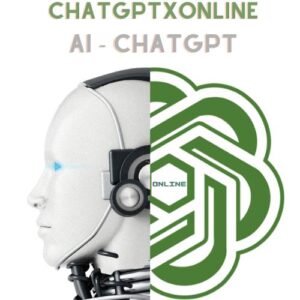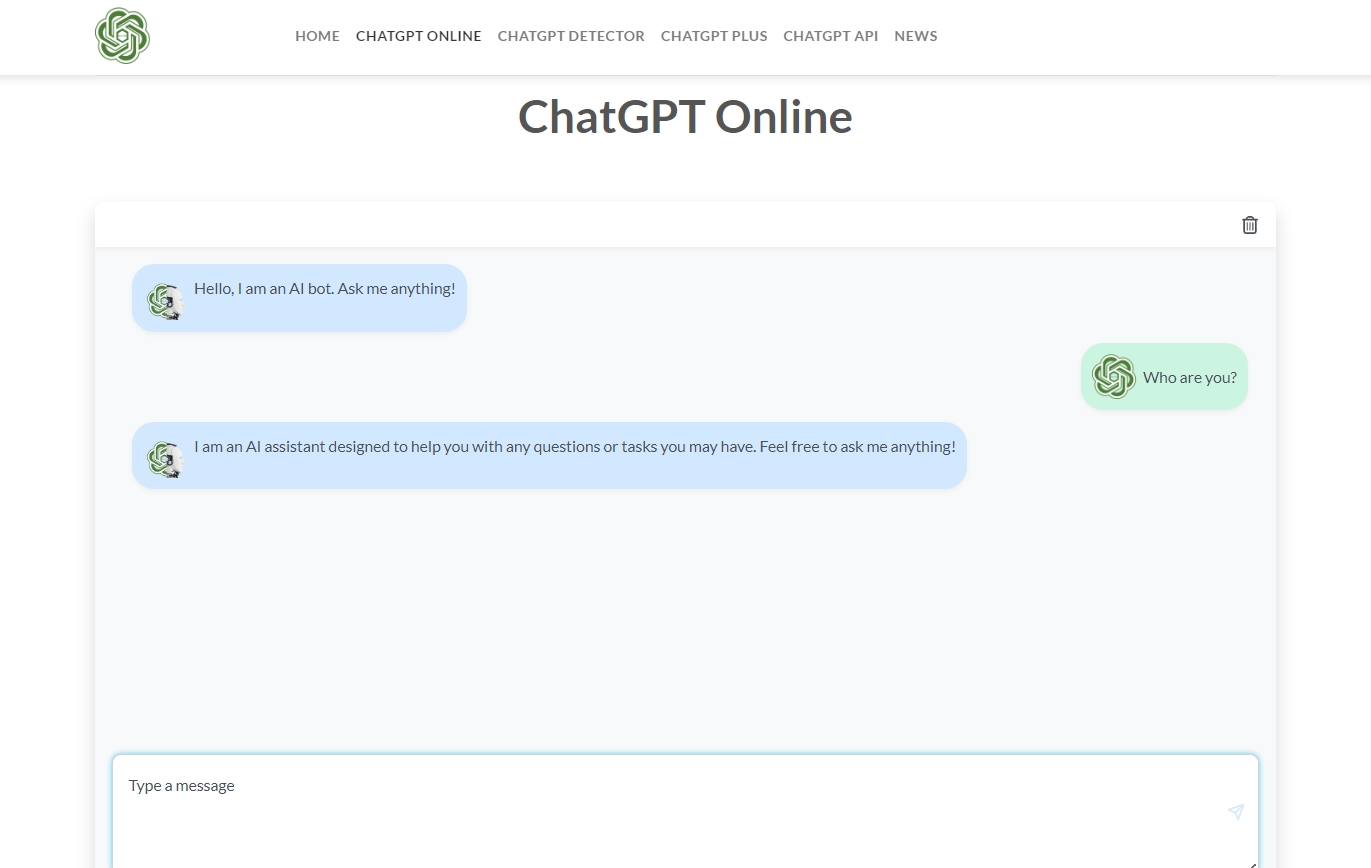-
 ChatGPT Online ChatGPTXOnline 1 year ago
ChatGPT Online ChatGPTXOnline 1 year agoIntroduction
As artificial intelligence (AI) continues to evolve, its applications are becoming increasingly integrated into various aspects of our daily lives. One such application is ChatGPT Online, a sophisticated language model that can generate human-like text based on the input it receives. While the benefits of using ChatGPT Online are numerous, including enhanced productivity and accessibility, there are significant ethical implications that need to be carefully examined. This article investigates these ethical concerns, focusing on issues such as privacy, bias, misinformation, and the potential impact on employment.

Privacy Concerns
Data Collection and Usage
One of the foremost ethical concerns associated with ChatGPT Online is privacy. The use of AI models like ChatGPT Online necessitates the collection and processing of vast amounts of data. This data often includes personal information, raising questions about how this information is stored, used, and protected. Users may not always be aware of the extent of the data being collected or the potential for misuse. Ensuring transparency in data handling practices and implementing robust security measures are crucial to mitigate privacy risks.
Informed Consent
Another aspect of privacy is the concept of informed consent. Users interacting with ChatGPT Online should be fully informed about what data is being collected and how it will be used. This includes clear and accessible privacy policies that outline data practices in detail. Without informed consent, users are at risk of having their personal information exploited without their knowledge.
Bias and Fairness
Algorithmic Bias
AI models like ChatGPT Online are trained on large datasets that can inadvertently contain biases. These biases can be reflected in the responses generated by the model, potentially perpetuating stereotypes and unfair treatment of certain groups. For instance, if the training data includes biased language or viewpoints, the AI model may replicate these biases in its outputs. It is essential to continually monitor and address biases in AI systems to ensure fair and equitable treatment of all users.
Discrimination and Marginalization
The potential for AI to discriminate against marginalized groups is a serious ethical issue. ChatGPT Online must be designed and trained to recognize and avoid discriminatory language and behavior. Developers need to implement measures to detect and correct biases, promoting inclusivity and respect for diversity. Failure to do so can result in harm to vulnerable populations and reinforce existing societal inequalities.
Welcome to ChatGPTXOnline - ChatGPT Online the leading artificial intelligence platform that helps you answer all your questions!
Misinformation and Accountability
Spread of False Information
One of the most pressing ethical concerns with AI language models is their potential to spread misinformation. ChatGPT Online can generate text that appears highly credible, making it easy for users to believe and share false information. This can have serious consequences, particularly in the context of health, politics, and public safety. Developers and operators of ChatGPT Online must implement safeguards to minimize the risk of generating and disseminating misinformation.
Responsibility and Accountability
Determining accountability for the actions of an AI system is complex. When ChatGPT Online generates harmful or misleading content, it can be challenging to identify who is responsible—the developers, the operators, or the users. Establishing clear lines of accountability and creating mechanisms for addressing grievances and rectifying mistakes are essential for maintaining trust and ethical standards in AI usage.
Impact on Employment
Job Displacement
The automation capabilities of AI, including ChatGPT Online, pose significant concerns regarding job displacement. As AI systems become more proficient, they can perform tasks traditionally done by humans, potentially leading to job losses in certain sectors. For instance, customer service roles, content creation, and various administrative tasks are increasingly being automated. It is crucial to consider the societal implications of such changes and to develop strategies for workforce transition and retraining.
Economic Inequality
The benefits of AI technologies like ChatGPT Online are often unevenly distributed, potentially exacerbating economic inequality. Those with access to advanced AI tools may gain a competitive edge, while others may find it challenging to keep up. Addressing this disparity involves promoting widespread access to AI technologies and supporting educational initiatives to help individuals adapt to an evolving job market.
Ethical Development and Use

Transparency and Explainability
Ensuring the ethical use of ChatGPT Online requires transparency in how the AI model is developed and operates. Users should be able to understand how decisions are made by the AI, which is known as explainability. Transparent AI systems can help build trust and allow users to identify and correct errors or biases. This involves clear documentation and open communication from developers about the capabilities and limitations of the AI model.
Continuous Monitoring and Improvement
Ethical AI development is an ongoing process that requires continuous monitoring and improvement. This includes regularly updating the AI model to address new biases, vulnerabilities, and ethical challenges that may arise. Engaging with a diverse range of stakeholders, including ethicists, social scientists, and representatives from affected communities, can provide valuable insights and help guide the responsible evolution of ChatGPT Online.
Conclusion
The ethical implications of using ChatGPT Online are multifaceted and require careful consideration and action. Addressing privacy concerns, mitigating bias, preventing misinformation, and managing the impact on employment are critical to ensuring the responsible use of AI technologies. By prioritizing transparency, accountability, and inclusivity, developers and users of ChatGPT Online can harness its benefits while minimizing potential harms. As AI continues to advance, it is imperative to uphold ethical standards and foster a technology landscape that promotes fairness, equity, and trust.